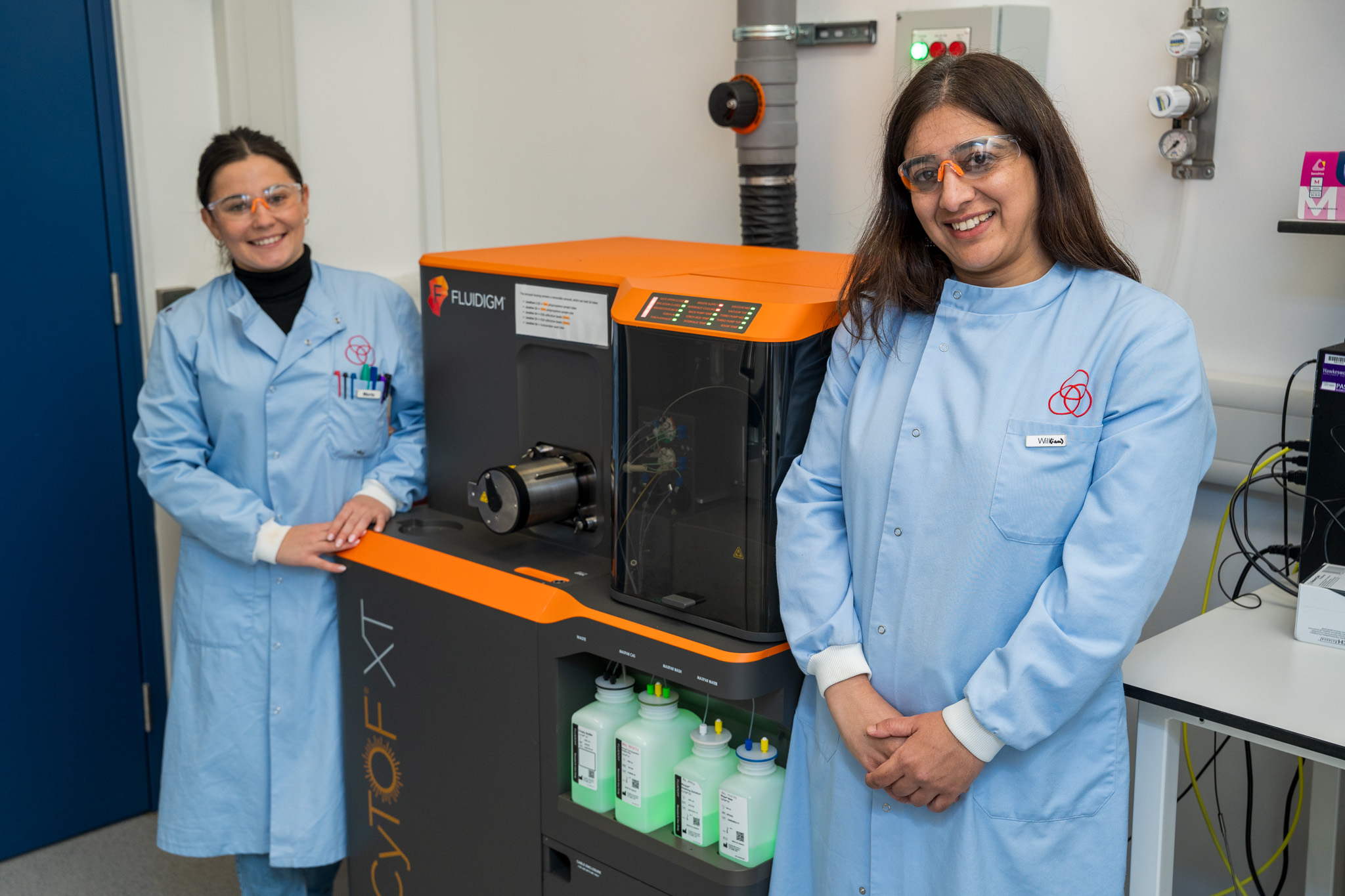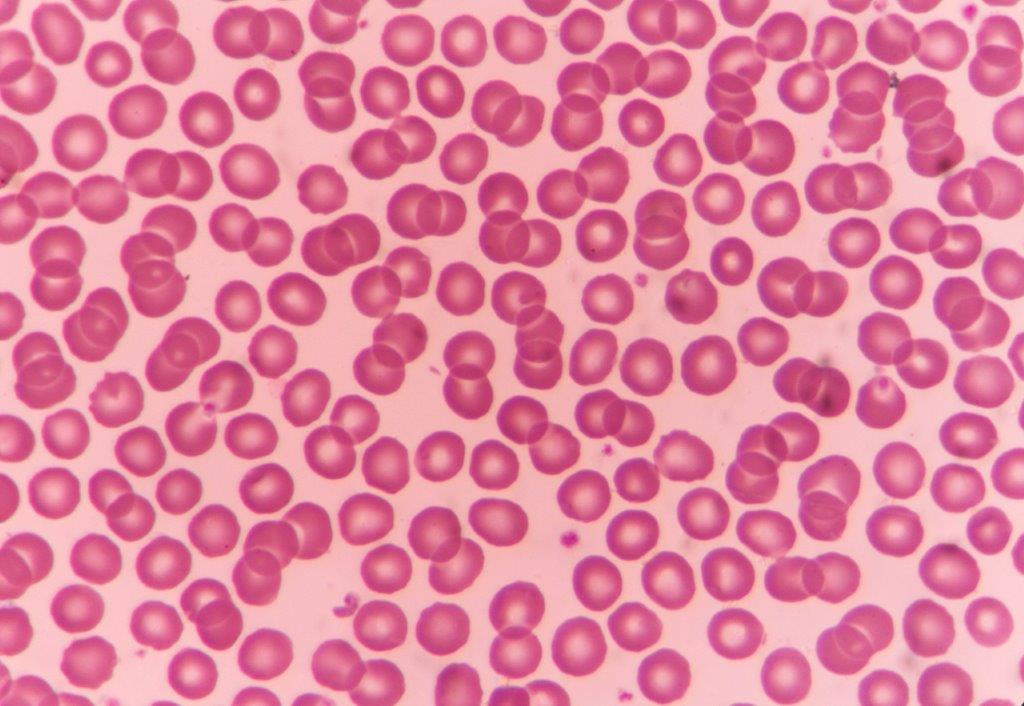London, UK, 14th December 2007 – The Medical Research Council (MRC) & MRC Technology (MRCT) announced today that a collaboration between teams at the MRC’s National Institute for Medical Research and MRCT’s Drug Discovery Group has produced a breakthrough in understanding how the malaria parasite triggers its release from infected red blood cells. The identification of a parasite enzyme that plays a key role in this process may provide new leads to anti-malarial drug design.
Malaria threatens the lives of hundreds of millions of people and causes around 3 million deaths each year, mostly among young children in the developing world. The most virulent form of the disease is caused by a single-celled parasite called Plasmodium falciparum which is transmitted by mosquitoes. The parasite invades red blood cells and multiplies until the daughter parasites (known as merozoites) are mature. For the disease to progress, these merozoites have to escape the now-exhausted cell and reinvade fresh red cells to repeat the cycle. Little is known about how merozoites rupture the old red cell and make their escape.
The team have discovered that merozoites contain a set of previously unrecognized organelles, termed exonemes, which are involved in escape from the red blood cell. Exonemes contain a proteolytic enzyme, or protease, called PfSUB1, which is essential for long-term survival of the parasite. The scientists found that, when the merozoites are mature and ready to emerge, they discharge PfSUB1 from the exonemes to trigger a series of proteolytic processing events that result in release of infectious parasites. By screening libraries of drug like molecules, the team identified a chemical compound that inhibits PfSUB1 and prevents merozoite release.
Dr Mike Blackman from NIMR’s Division of Parasitology described how the team’s discoveries could be exploited in the fight against malaria:
“Malaria parasites are becoming increasingly resistant to conventional drug therapy, and there is an urgent need to develop new treatments based on an in-depth understanding of the biology of the parasite. Our work has shown that PfSUB1 plays a critical role in regulating release of invasive merozoites. We also now know that PfSUB1 is a ‘druggable’ parasite target. We hope that we will be able to find drugs that effectively inactivate this enzyme and block the blood-stage life-cycle of this pathogen”
The research involved a close collaboration between NIMR and the Drug Discovery Group of MRC Technology, the technology commercialisation arm of the MRC. The scientists hope that their discovery sets the scene for the development of potent inhibitors of PfSUB1 as new drugs to prevent and treat malaria.
The research findings are published in full in Cell



